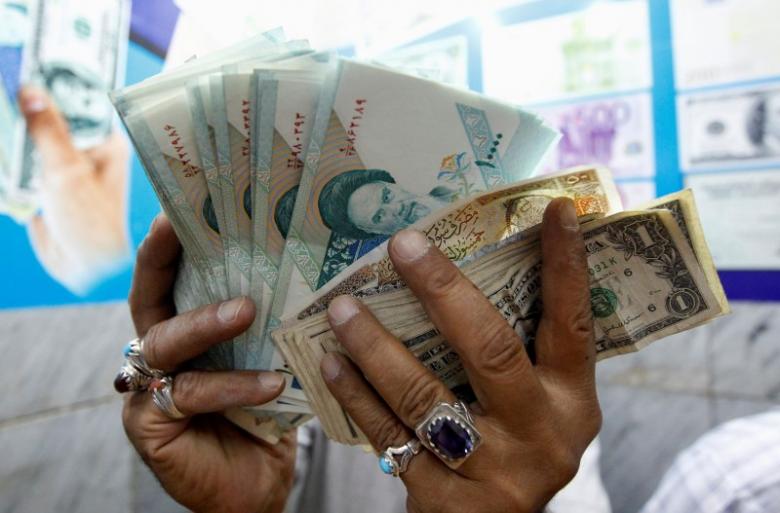London – While the Iranian Foreign Ministry announced on Wednesday the details of consultations between Foreign Minister Mohammed Javad Zarif and Parliament’s Foreign Policy and National Security Committee, the latter criticized the US Administration for “intimidating” international banks from establishing financial ties with Iran.
In its second report on the implementation of the Joint Comprehensive Plan of Action (JCPOA) commonly known as the Iran nuclear deal, the parliamentary committee said major banks refused to deal with Iran for fear of being subjected to US sanctions.
The report touches on the latest developments in the Iranian nuclear file in eight axes, including measures taken to implement the agreement, the country’s nuclear activity, in addition the sanctions imposed on the Persian State.
According to the report, more than 238 people and entities were still on the UN Security Council sanctions list, “even after 7 years” (8 years since the implementation of the agreement).
Iran’s financial and banking problems continue despite the passing of a year and a half on the implementation of the agreement, the report noted. It also accused the “5 + 1” joint commission of failing to implement its commitments with regards to the lifting of sanctions imposed on the Iranian financial sector.
The report pointed that the Iranian financial system has not been able to restore relations with major international banks.
While noting that “threats” of the US Treasury Department were the main reason for blocking the relationship between Iranian banks with foreign financial institutions, the report underlined significant economic and financial challenges facing the Iranian Central Bank.
Meanwhile, Zarif and his aides held a three-hour meeting on Wednesday with Parliament’s Foreign Policy and National Security Committee, according to deputy foreign minister, Hassan Ghashghavi.
The official said discussions touched on “diplomatic issues that were raised in the media in recent days.”
